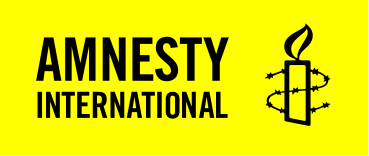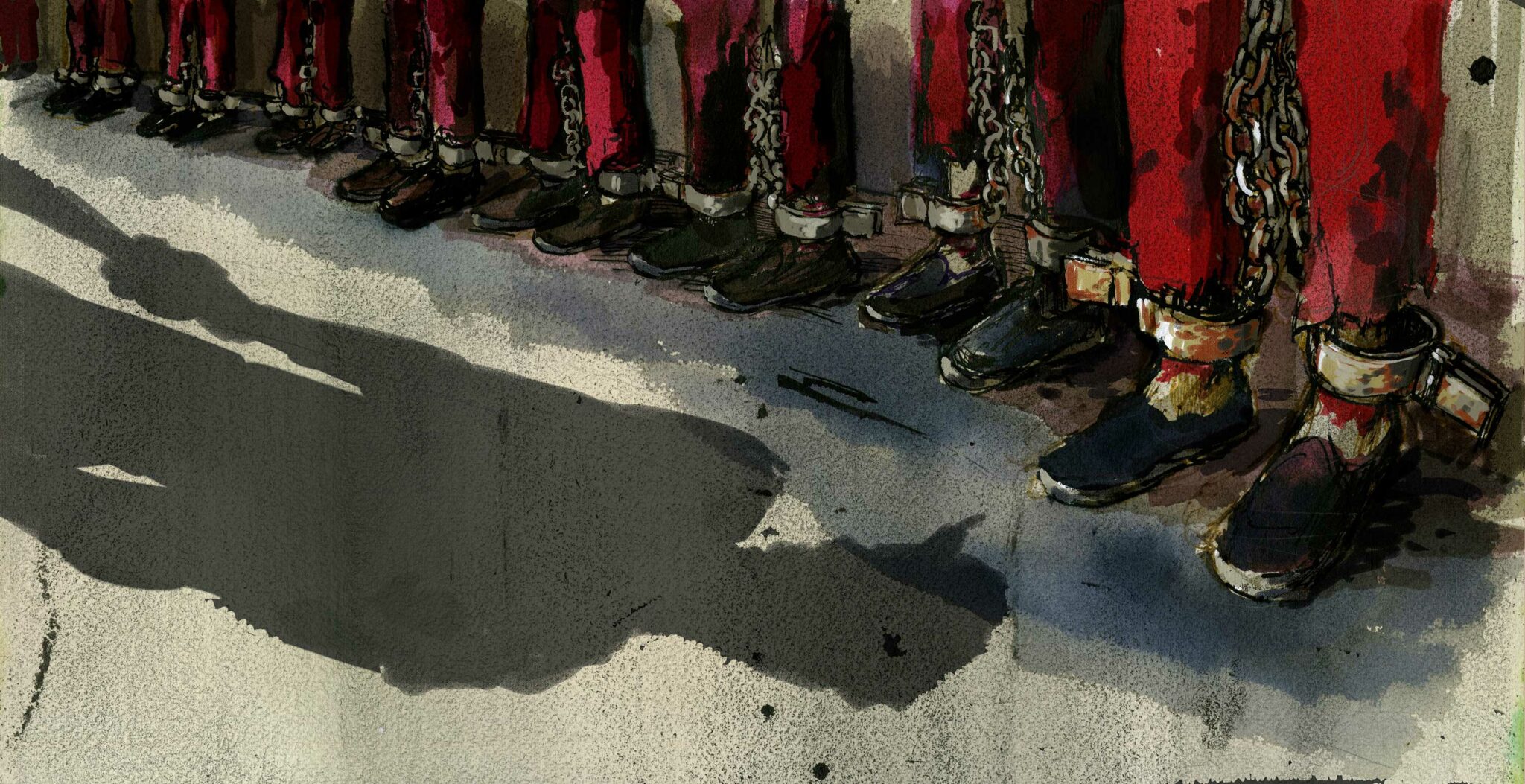Guilt by association
Analysed together with the Aksu and Karakax lists and with other testimonial and documentary evidence gathered by journalists, the testimonial evidence Amnesty International has gathered demonstrates that members of ethnic minorities in Xinjiang are often detained on the basis of what can only be considered “guilt by association”. Many were interned as a result of their relationships, or perceived or alleged relationships, with family, friends, or community members – many, if not most, of whom were themselves not guilty of any internationally recognized criminal offence. Many former detainees were detained for having a family member who was considered suspicious or untrustworthy or who was accused of being an “extremist”, “separatist”, or “terrorist”, or for contacts with others facing these accusations. [[[Amnesty International interviews.]]]
Amnesty International interviewed several former residents of Xinjiang who believe their own behaviour was the reason their family members were detained. Shamil went abroad and did not return on time. He told Amnesty [he suspects] his father was sent to a camp because of his decision. [[[Amnesty International interviews.]]] Kuanish, who also did not return from abroad on time, said the police called him from his house in China and had his son ask him to return from abroad and tell him the family would be sent to the camps if he did not. Since then, he has not been able to communicate with his family. “I do not know where my children are,” Kuanish said. [[[Amnesty International interviews.]]] Azhar, a former detainee, told Amnesty that his father was taken to an internment camp because his father “let” him go abroad after he was released. “When my father was about to be detained, the police called me and said come [back to China]… They said we will let your father go if you come back.” [[[Amnesty International interviews.]]]
In addition to often being grounds for detention, guilt by association is now a pervasive theme in the life of ethnic minorities in Xinjiang and a tool for the social control that the Chinese authorities impose on the population. As illustrated in a variety of ways throughout this report, the behaviour of members of ethnic minority groups in Xinjiang affects their family, their community, and the group as a whole. Credible threats against family members are used to control or modify behaviour.



